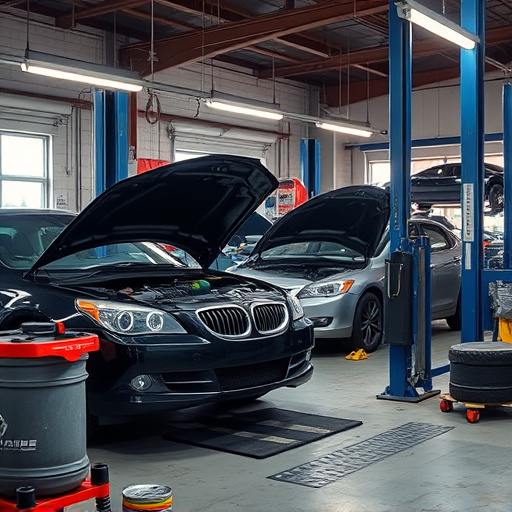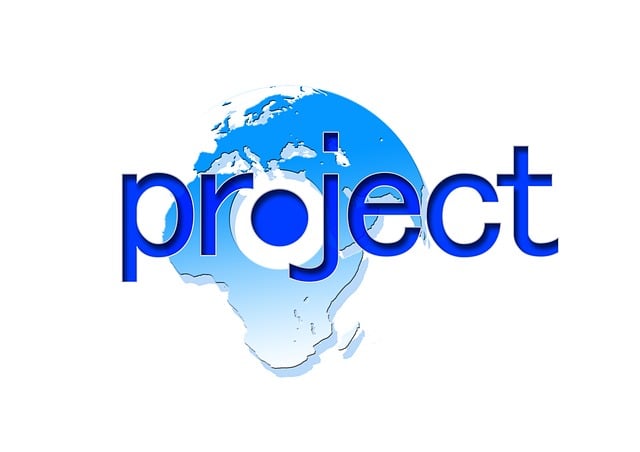Supplemental claims assistance is a crucial yet often overlooked aspect of insurance coverage, providing a safety net for policyholders facing substantial losses or unusual circumstances, such as car damage repair. Prioritizing these claims ensures adequate support during unexpected events like accidents or natural disasters. Insurers can enhance their management through proactive customer-centric approaches, streamlining claim submission processes, improving communication, and integrating advanced technology. This strategic move fosters trust, streamlines the claims process, reduces costs, and speeds up repairs, ultimately creating a fairer and more responsive system for all involved parties.
In today’s complex insurance landscape, supplemental claims assistance is a vital yet often overlooked component. Understanding and prioritizing these claims can significantly enhance customer satisfaction and retention. This article delves into the intricacies of supplemental claims, exploring their impact, benefits, and strategies for insurers to improve handling. By recognizing the crucial role they play, insurers can navigate this aspect more effectively, fostering stronger relationships with policyholders.
- Understanding Supplemental Claims: Uncovering a Crucial Aspect of Insurance
- The Impact and Benefits of Prioritizing Supplemental Claims Assistance
- Strategies for Insurers to Enhance Their Approach to Supplemental Claims Handling
Understanding Supplemental Claims: Uncovering a Crucial Aspect of Insurance

Supplemental claims assistance is an often overlooked yet vital component of insurance coverage. These claims, which go beyond standard policy limits, provide a safety net for policyholders facing significant losses or unusual circumstances. Understanding and prioritizing these claims is crucial because they can make a substantial difference in how well insured individuals are protected.
In the realm of car damage repair, for instance, supplemental claims might cover expenses that extend beyond what a typical insurance policy offers. This includes services like dent removal, painting, and even rental cars during the repairs. By recognizing these as essential elements of their coverage, policyholders can ensure they receive adequate support when dealing with unexpected events such as accidents or natural disasters.
The Impact and Benefits of Prioritizing Supplemental Claims Assistance

Prioritizing supplemental claims assistance can significantly streamline the process for both insurance providers and policyholders. By offering efficient support for supplementary expenses often associated with major incidents, such as car dent repair or vehicle body repair in a comprehensive manner, insurers demonstrate their commitment to customers’ holistic needs. This proactive approach not only enhances customer satisfaction but also fosters trust and loyalty, encouraging policyholders to view their insurance provider as an ally rather than a mere transaction.
The benefits extend beyond the individual; efficient handling of supplemental claims contributes to a smoother flow within the entire claims processing system. Streamlined processes in vehicle body shops and body repair centers mean faster turnaround times for repairs, minimizing disruptions and costs for all parties involved. This, in turn, can lead to reduced administrative burdens for insurance companies and fairer experiences for policyholders, ensuring that everyone benefits from a more responsive and comprehensive claims management system.
Strategies for Insurers to Enhance Their Approach to Supplemental Claims Handling

Insurers can significantly improve their handling of supplemental claims by adopting a more proactive and customer-centric approach. One key strategy is to streamline the claim submission process, making it user-friendly and accessible through various channels like mobile apps or online portals. This reduces administrative burdens for policyholders while ensuring faster initial assessments. Additionally, insurers should foster better communication with policyholders throughout the claims journey, providing clear updates, explanations of coverage, and guidance on supplemental services they may require—such as car paint services or auto repair services at an automotive body shop.
Furthermore, integrating advanced technology can automate certain aspects of claim processing, like image recognition for damage assessment or AI-driven customer support chatbots. Such innovations not only speed up claims resolution but also enhance the overall customer experience. By prioritizing policyholder satisfaction and leveraging technology, insurers can ensure that supplemental claims are handled efficiently, accurately, and with the same level of care as initial insurance claims.
Insurers can significantly enhance customer satisfaction and loyalty by recognizing the value of supplemental claims assistance. By implementing strategic improvements in handling these claims, insurers can streamline processes, improve communication, and offer a more comprehensive support system. Prioritizing this aspect not only benefits policyholders but also contributes to building a stronger, more resilient insurance ecosystem. It’s time for insurers to embrace the potential of supplemental claims as a key differentiator, ensuring a seamless and supportive experience for all.














